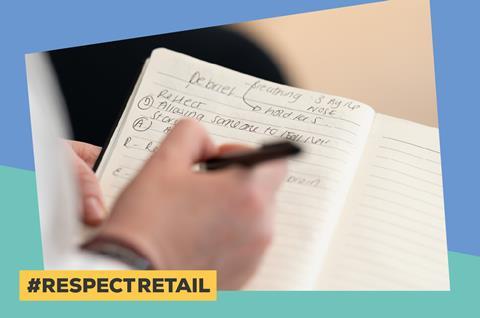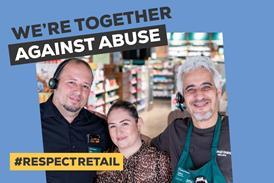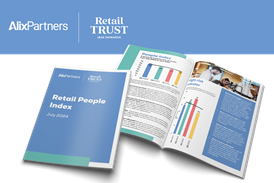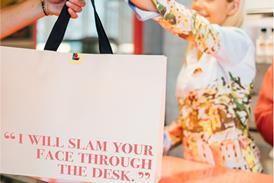
How to equip our people against the biggest challenge the industry faces
Abuse should never be a part of someone’s job, but as the latest Retail Trust survey revealed that 80% of shop workers and 90% of store managers have experienced customer abuse, the Retail Trust held a groundbreaking – and free – skills initiative to support retail colleagues.
“Our training sessions take this two-pronged approach – to build confidence and build competence,” says Andrea Woodside, wellbeing training lead at the Retail Trust. “The other thing about training is it helps people recognise that they’re not on their own.”
In the last year, 29% of shop workers told us that their employers had introduced training to help them deal with customer abuse, but there are still three quarters of colleagues left feeling vulnerable because they haven’t received support.
It’s this challenge that inspired the Retail Trust to roll-out our dedicated skills training on managing challenging situations, which was available to every retail colleague in November, whether they worked in a large organisation or a small independent.
Each masterclass explored the issues experienced by retail colleagues and looked at how we can reduce the risk of a challenging situation escalating. We have rounded up three ways that the sessions can better equip colleagues and support their wellbeing in the future:
- The herd effect – uncover the unexpected contributing factors that can create space for customer aggression, and explore how to minimise its impact.
- Mirror neurons – learn the inner workings of your mind and body to discover how our unique responses to situations can help us to stay in control.
- The ‘D.A.R.E’ model – become well-versed in decision-making that supports us in recovering from challenging situations, and the value of proper aftercare.
The training has proven to be a game-changer. “By the end of the session, my colleagues and I agreed it would be really beneficial for senior teams in our stores to be trained to support our teams in how to deal with these issues and make them feel safer,” said Asif, a clothing store manager, from London. “When I get back to my teams, I’m considering how I make it easier for them to debrief at the end of each shift.”
“The training was amazing. It was interesting that regardless of what type of retail you are in, premium or value, that we are tackling the same issues. I’ve taken loads of notes, so I can feed back to my support network and build on what I learnt and how to make the workplace safer,” said Ellen, a store manager from Kent.





